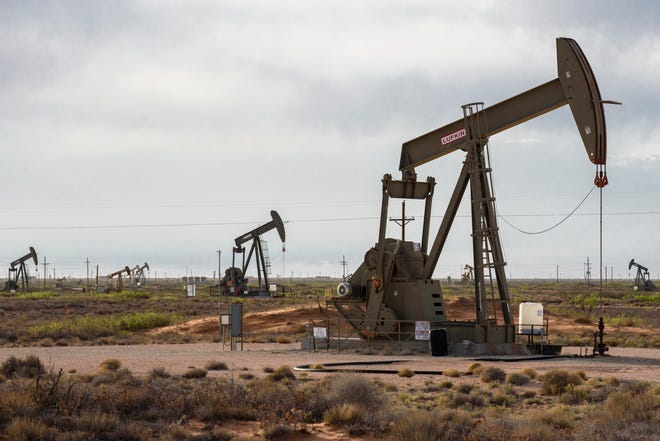Building A New Boat While You Are Sailing A Boat
July Oil and Gas Issue
The oil industry from what I can tell is stuck in a dilemma of utilizing their money to invest in assets that produce money for them now versus making bets on future assets that might not pay out. This dilemma was exemplified in the Engine No. 1 proxy battle that I wrote about last month where shareholders want their investments to start looking for alternative revenue sources. These types of battles to me indicate certain shareholders are looking to capture long term gains as opposed to short term dividends. There is evidence of both schools of thought playing out globally right now.
Jet fuel has historically been a huge consumer of refined oil, but with Covid-19 and its variants rampaging across much of the world the amount of jet fuel needed has been low. Refiners need large volumes to maintain profitability and their profits have slid in the last few months by 20%. Without volume jet fuel refining is less profitable as the smaller volumes they do refine and sell require the same infrastructure upkeep. Additionally, if demand slows and prices drop the margins get squeezed even more. Traders in Singapore cite lack of travel as a main reason jet fuel demand is low. Southeast Asia has a relatively low vaccination rate compared to other countries, which could be holding back the use of jets for travel. Lack of vaccination is also keeping tourists from traveling to much of the region and also reduces the need for jet fuel.
While jet fuel demand slows in Asia, expansion of new extraction sites in Norway by Equinor, Aker BP, and Total continues to the tune of $1.7 billion. The Norwegian energy firms believe that only half of their total oil reserves have been extracted in the last fifty years. These new investments into additional production capacity for oil and gas are occurring as many of the European integrated oil companies look to diversify their business away from traditional oil and gas extraction, refining, and distribution.
One example of diversification is how Shell is interested in buying equity into Ionity, a charging station provider in Europe. Ionity is looking to expand its reach by offering a 20-25% stake in the company for about $475-594 million, which would put a rough valuation of the company at over $2 billion dollars. This could be a great match for Shell because it fits into their plan to diversify away from traditional oil revenues by converting some of their gas stations to also possessing electric vehicle charging capacity. This move could be one that regulators and European governments applaud and I suspect that Shell will make the investment.
Not all diversification is as easy as buying into an EV charging company like Ionity. Investment into renewable energy generation in places like New Mexico or West Texas can be difficult when oil and gas revenues make up 40-50% of the state’s tax basis as reported in the Carlsbad Current Argus. J. Weston Phippen reported:
Energy leaders believe New Mexico faces two opposing futures: Act swiftly and become the leader of green energy, or stick with oil and gas as the rest of the nation pivots. Whichever path the state takes will be particularly consequential for Carlsbad. Not only is it rich in oil and gas, but because of the ample wind and sun in Southern New Mexico it also stands to be at the epicenter of the state’s renewable-energy revolution.
This transition is akin to building a boat on the ocean while on a boat that is currently sailing quite well. If everything is working right now is there anything to fix? I would propose that people wear seatbelts in the event that something horrible happens outside of their control. New Mexico could be investing into alternate sources of energy generation and new tax revenues in the event the oil industry misses a few steps in the next few years.
In the shadow of expansion and diversification many US oil companies are facing lawsuits for misleading the public on climate change. The crux of the issue is that the large US oil companies knew that their products had adverse effects on the climate based on research they had funded, but said the opposite over the last thirty years. These lawsuits are being litigated in courts as weather patterns become more extreme in the US areas including a mega-drought in the west and record setting heat waves in the west and east. More recently Greenpeace tricked some oil lobbyists into disclosing details or carbon taxes and carbon capture that reinforces the basis of the lawsuits. Darren Woods, the CEO of ExxonMobil, had to disavow the comments of his own lobbyists.
Tony
Sources
https://www.theguardian.com/environment/2021/jun/30/climate-crimes-oil-and-gas-environment


